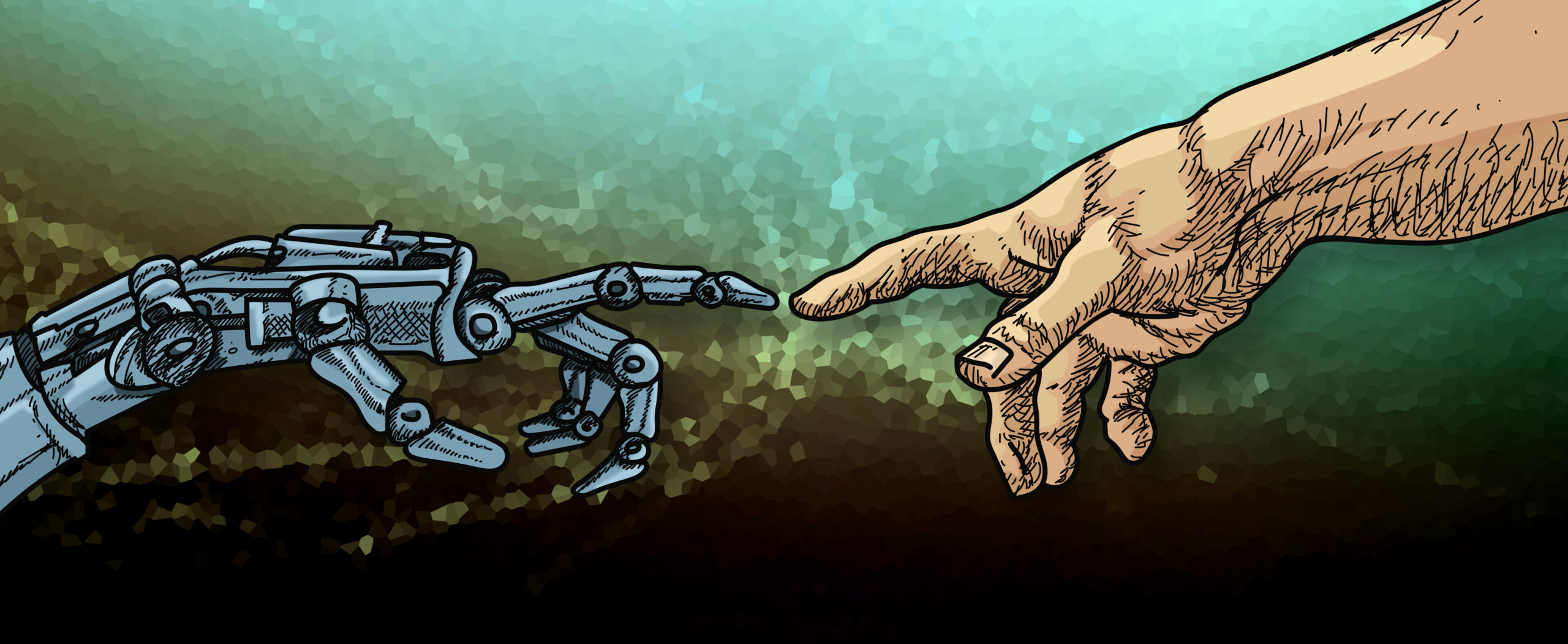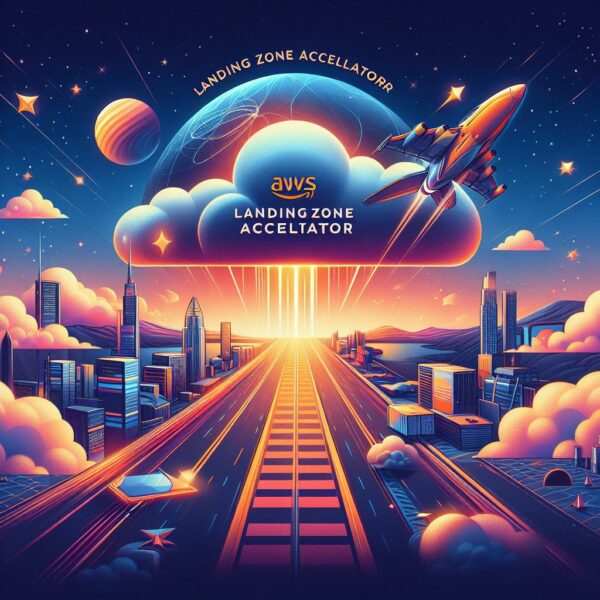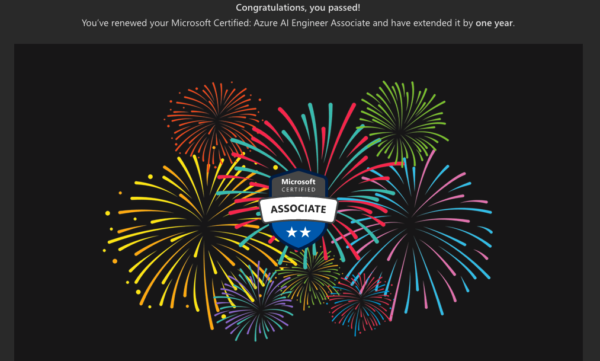
I have been contemplating how AI and specially language models such as ChatGPT can help me in cloud architecture decision-making. There are various factors that can affect the decision-making process for cloud architecture. I categorized some common factors into three categories of knowledge. Then we delve into the specific factors within each category and discuss how AI can assist in enhancing decision-making efficiency.
- Knowledge from reading: new knowledge obtained through reading and continuous learning. While not necessarily evaluated or tested by the architect, it remains crucial for decision-making. For example, official documentation provided by cloud providers about new features and updates in their services. Some other common factors:
- Industry standards
- Regulatory compliance
- Up-to-date documentation (official documentation, whitepapers, case studies, and best practice guides.)
- Knowledge from experience: the knowledge gained through practical experience. This category of knowledge has been tested and evaluated by the cloud architect. Example factors are:
- Evaluation of trade-offs between factors like cost, performance, scalability, security, availability, and compliance requirements.
- Lessons learned in similar scenarios
- Complexity of implementation and maintenance
- Limitations and capabilities of services
- Knowledge from others: This knowledge is primarily obtained through communication and collaboration with other stakeholders.
- Client-specific requirements (functional, non-functional)
- Organizational goals and objectives
- Alignment of organizational objectives with technical solutions
- Integration and interoperability
- Future scalability and flexibility
- Risk analysis
Leveraging AI in Decision-Making
Let’s examine the potential applications of AI in each knowledge category to enhance cloud architecture decision-making processes.
Knowledge from reading
Among the three categories, factors that rely on reading and continuous learning can greatly benefit from AI. Decision-making in cloud services requires constant learning and keeping up with technologies, updates, and trends. As an example, AWS Well-Architected Framework is 555 PDF pages, Azure Well-Architected Framework is 1292 PDF pages (bigger font size makes the difference). Each individual service has hundreds of pages of documentation. For instance, Azure DevOps documentation is 539 pages. Regulatory documents such as GDPR follow the same pattern.
I did a simple test during the renewal of my Azure Solution Architect Expert certificate. I decided to put ChatGPT to the test. My approach was simple: Initially, I attempted to answer each question independently, relying on my own knowledge or Azure Documentation. Subsequently, I presented the same questions to ChatGPT, by copy-and-pasting it without modification. Out of the 26 questions, I turned to ChatGPT for around 20 of them. Surprisingly, it provided the correct answer approximately 75% of the time, which exceeded my expectation.
I can see how a language model can assist me in making decisions by providing cross-validated information pertinent to my scenario and use case.
Knowledge from experience
If AI can help me evaluate a trade-off by running simulations or provide me with results of similar situations, I can leverage it to make a better decision. This requires giving the chance to AI to experience and learn. This is beyond tapping into others’ experiences by reading their blog posts and listening to their presentations. This is a first-hand experience gained by AI. A collaboration with cloud providers would be necessary to provide such capabilities right inside the cloud console.
Knowledge from others
The information we receive and gather from others requires communication and collaboration. Communication and collaboration are soft skills or human skills. As AI is getting better at hard skills, human skills are identified to be more valuable in future. If AI starts assisting us in doing our jobs better and faster, we can dedicate more time to improve our human skills such as critical thinking, problem-solving, creativity and empathy.
Final Reflections
Setting aside the worries and concerns related to the development of AI, I am genuinely excited about the potential enhancements it brings to my daily work. If a language model can read thousands of pages and give me guidance and assistance to do my job better, I can spend the time saved for working on other human skills which were neglected for a long time in our societies.
[Written by me, assisted by AI]



